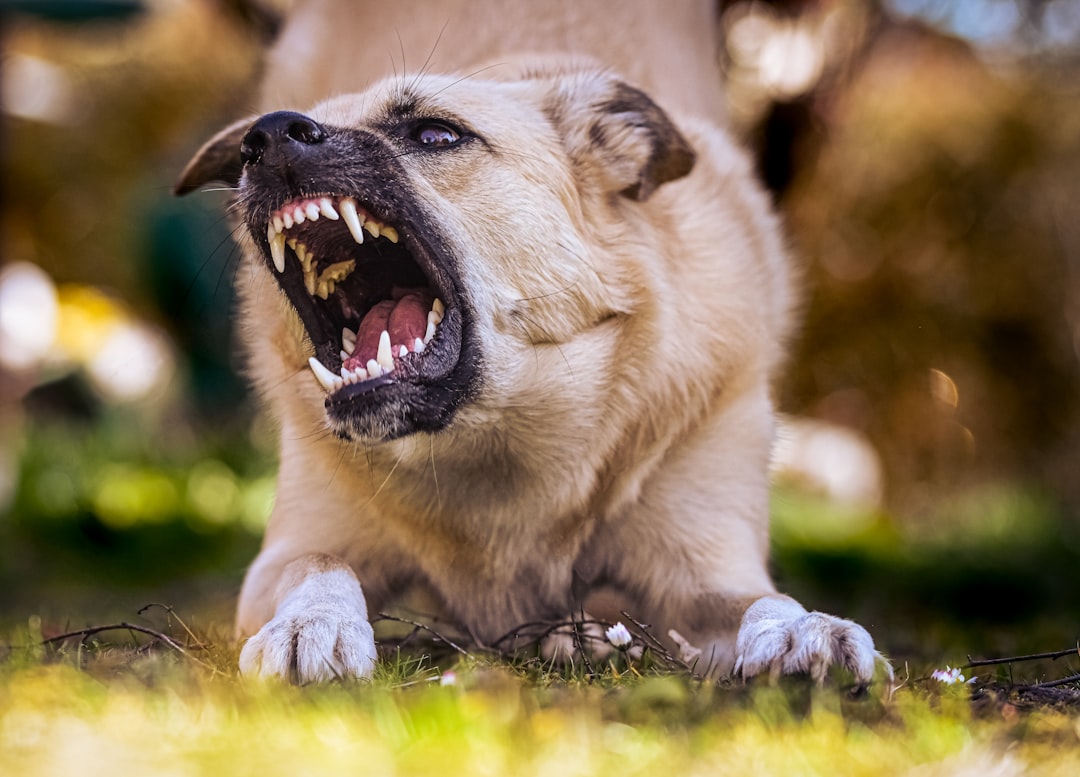- You are here:
- Home »
- Blog »
- Boston Dog Trainer »
- Senior Dog Dental Health: Understanding the Impact of Aging on Canine Teeth
Senior Dog Dental Health: Understanding the Impact of Aging on Canine Teeth
Senior Dog Dental Health: Understanding the Impact of Aging on Canine Teeth
Understanding the Link Between Dental Health and a Dogs Age: Exploring the impact of age on dental health in dogs, recognizing dental disease symptoms, strategies for managing dental health in senior dogs, the role of professional dental care, and the importance of Pet Dental Health Month.
Dental Health and Aging in Dogs
The Impact of Age on Dental Health
As dogs age, they become more susceptible to dental issues due to various factors such as weakened immune systems, increased plaque and tartar buildup, reduced saliva production, and worn, fractured, or missing teeth. These age-related changes contribute to a higher prevalence of dental problems in senior dogs, making it essential for pet owners to be proactive in managing their canine companion’s oral health.
Recognizing Dental Disease in Dogs
Senior dogs may exhibit symptoms of dental disease including bad breath, toothache, loss of appetite, and bleeding from the gums. Early detection and treatment are crucial to maintaining the overall health and happiness of aging dogs. Addressing dental issues promptly can prevent the progression of more serious health problems associated with untreated dental disease.
 Dental Disease: A Common Issue Among Dogs
Dental Disease: A Common Issue Among Dogs
It is alarming to note that by the age of two, 80 percent of dogs already have dental disease. The development of canine dental disease often begins with unremoved plaque, which can lead to the formation of tartar and other oral health issues. This underscores the significance of regular dental care and early intervention to prevent and manage dental disease in dogs.
 Strategies for Managing Dental Health in Senior Dogs
Strategies for Managing Dental Health in Senior Dogs
Managing the dental health of senior dogs requires a multifaceted approach. Establishing a daily teeth brushing routine and scheduling routine veterinary dental check-ups are essential practices for maintaining oral hygiene in senior dogs. Additionally, providing dental chews and toys, maintaining a balanced, high-quality diet, and incorporating specialized oral hygiene formulas can significantly contribute to managing and improving the dental health of aging dogs.
The Role of Professional Dental Care
Anesthesia is crucial for thorough dental cleanings in senior dogs as it allows for comprehensive dental evaluations, including full mouth dental radiographs to identify underlying dental issues below the gumline. Regular professional cleanings not only extend a pet’s life but also enhance their behavior and overall quality of life.
The Importance of Pet Dental Health Month
National Pet Dental Health Month, observed in February, serves as a reminder for pet owners to prioritize their pet’s dental health. It underscores the importance of regular dental care, the safety of anesthesia for dental procedures, and the potential to extend a pet’s life and reduce the risk of other diseases through proper dental management.

